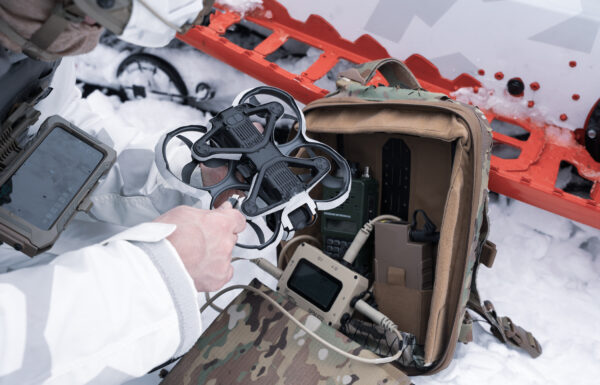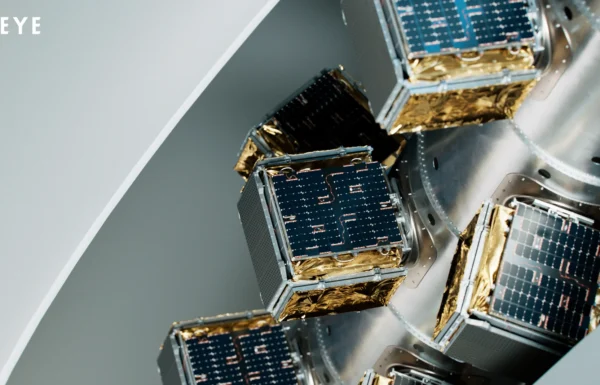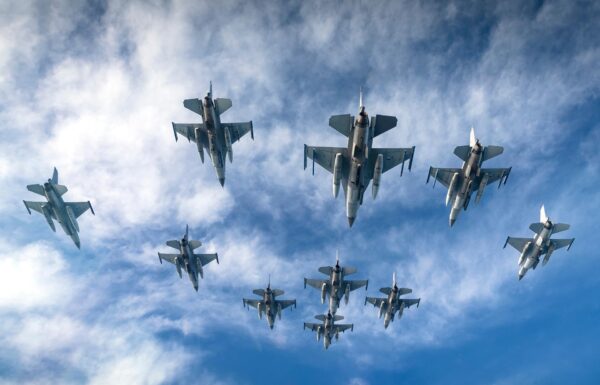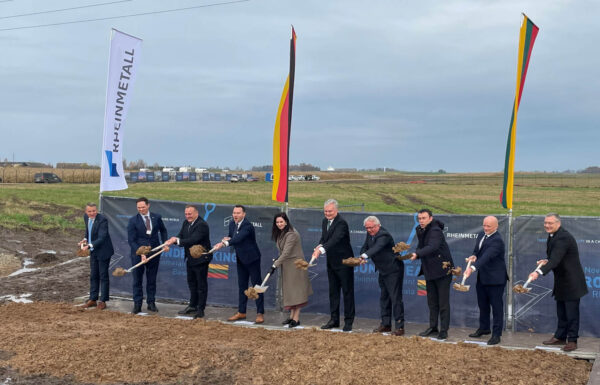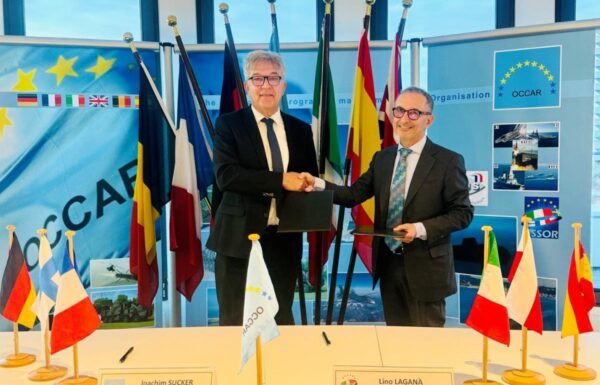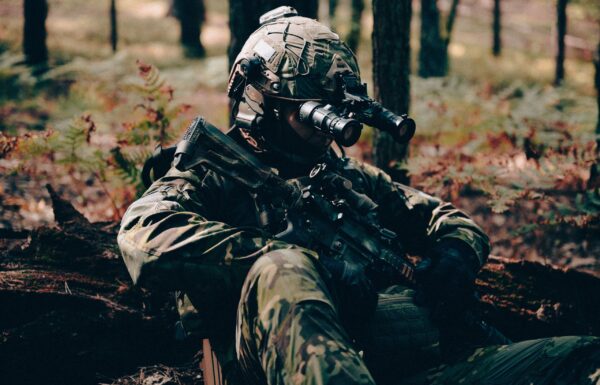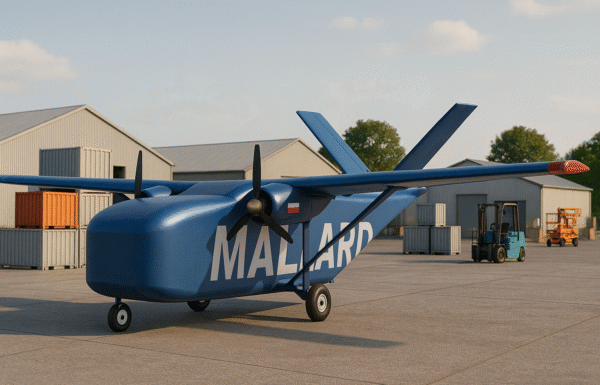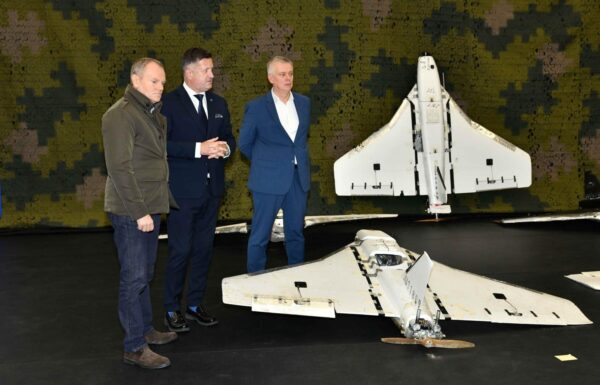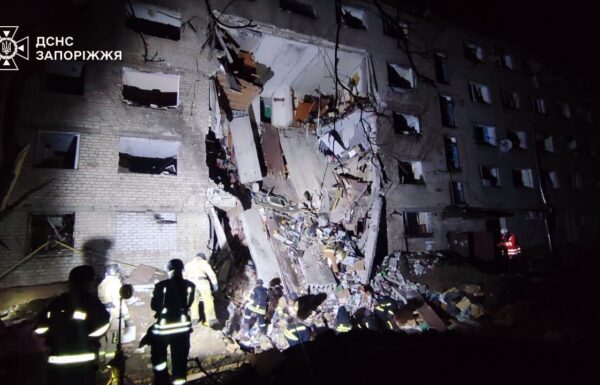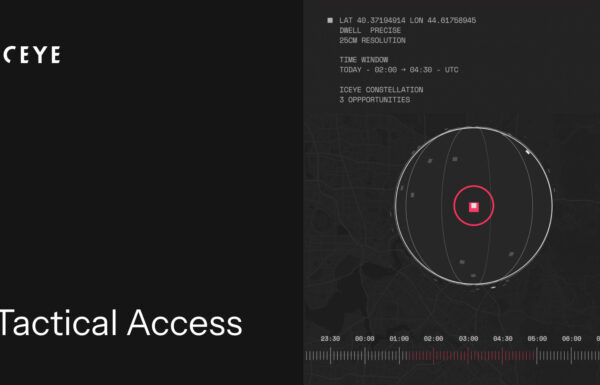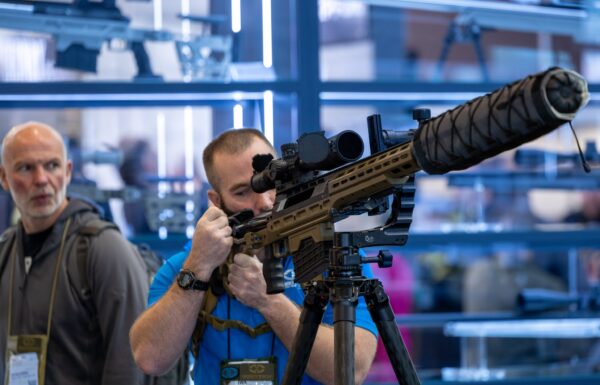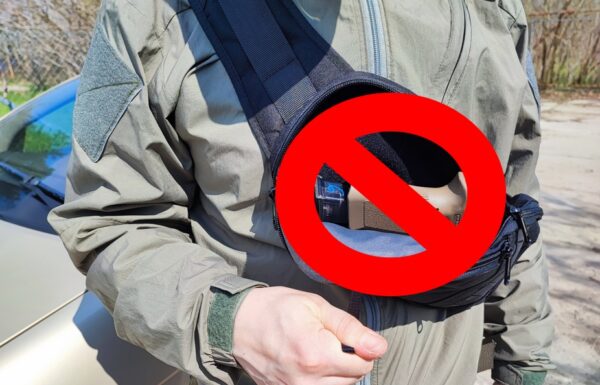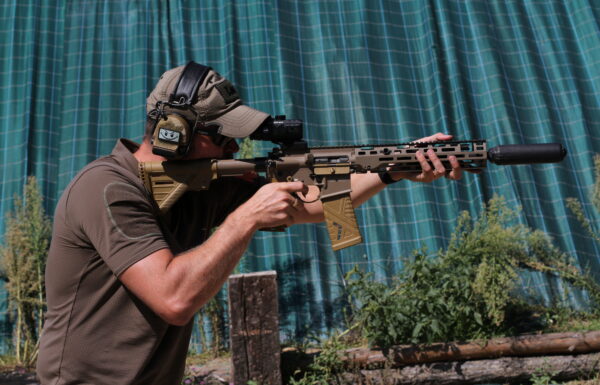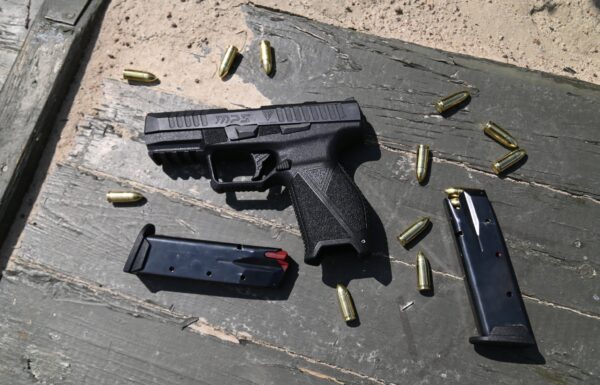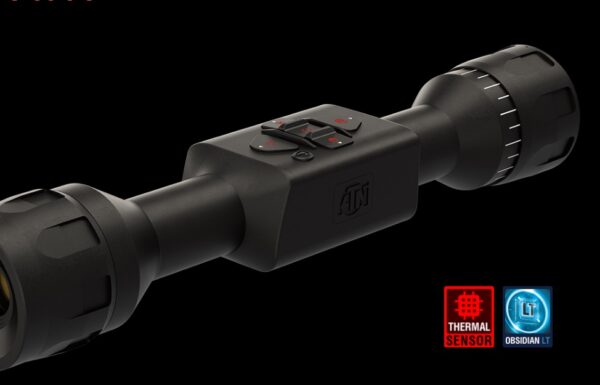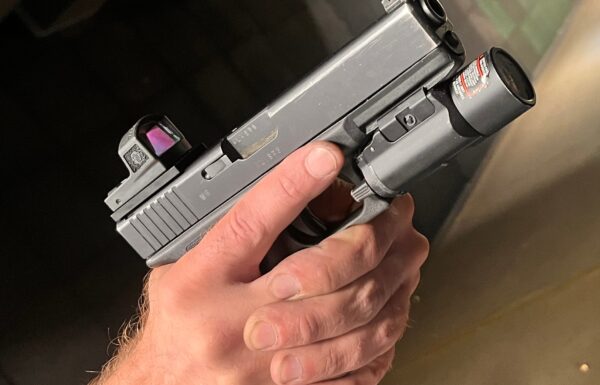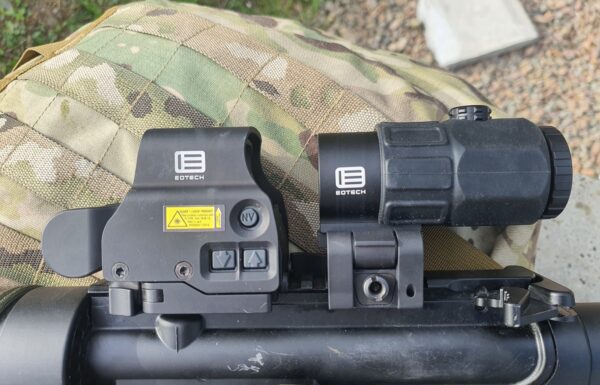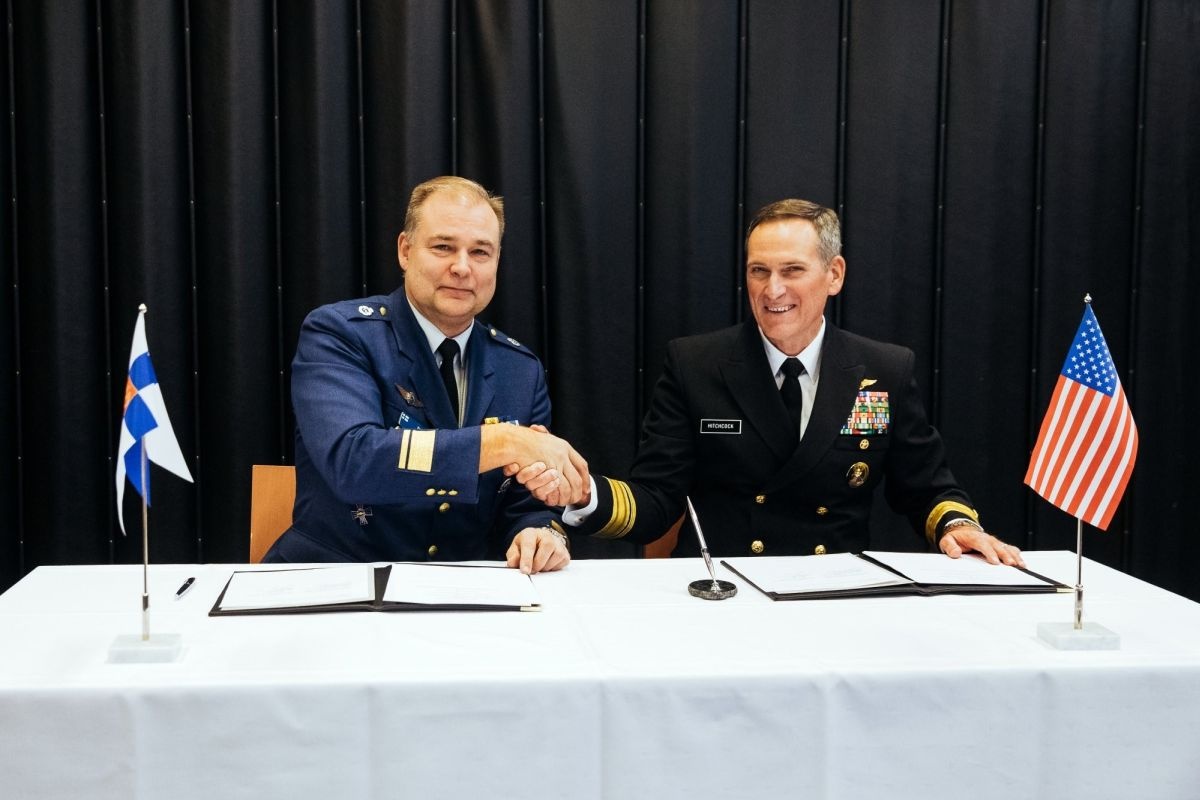Rear Adm. Marcus A. Hitchcock, U.S. Space Command plans and policy director, and Maj. Gen. Pasi Jokinen, commander of the Finnish Air Force, signed a Memorandum of Understanding between Finland and the United States on space situational awareness cooperation today in Helsinki, Finland.
Rear Adm. Marcus A. Hitchcock (right), U.S. Space Command plans and policy director, and Maj. Gen. Pasi Jokinen (left), commander of the Finnish Air Force, after signing a Memorandum of Understanding between the United States and Finland on Space Situational Awareness cooperation in Helsinki, Finland, Nov 4, 2019. The document sets out the intention to exchange public space situational information between the United States and Finland. These agreements foster openness, predictability of space operations, and transparency for space domain awareness / Picture: MoD of Finland, Finnish Air Force Public Affairs
These agreements foster openness, predictability of space operations, and transparency for space domain awareness. The Memorandum of Understanding sets out the intention to exchange public space situational information between Finland and the U.S. to protect against space debris and to reduce various collision risks.
Finland joins a long list of nations, agencies and commercial entities that recognize unfettered access to and freedom to operate in space advances the security, economic prosperity and scientific knowledge of the nations who share the commitment. Australia, Japan, Italy, Canada, Finland, France, South Korea, the United Kingdom, Germany, Israel, Spain, the United Arab Emirates, Belgium, Norway, Denmark, Brazil, the Netherlands, Thailand, New Zealand, Poland and Romania; two intergovernmental organizations, the European Space Agency and the European Organization for the Exploitation of Meteorological Satellites; and 80 commercial satellite owner/operator/launchers now participate in SSA data-sharing agreements.
‘Space Situational Awareness requires extensive collaboration, and agreements such as this allow us to partner more effectively’, Hitchcock said. ‘As more countries field space capabilities and benefit from the use of space systems, it is in our collective interest to act responsibly, promote transparency and enhance the long-term sustainability, stability, safety and security of the domain’ he added.
‘The way we defend and protect our way of life is to build alliances and partnerships with countries who also embrace the shared goal of continued peaceful use of space’, Hitchcock continued. ‘Our international partners have contributed to SSA and have aided our ability to communicate across the globe for years. These strong international alliances and partnerships create opportunity to demonstrate the peaceful use of space while sharing and disaggregating the U.S. space capability’ he added.
‘The continuous growth of both governmental and commercial spaceflight emphasizes the significance of accurate and up-to-date situational awareness’, Jokinen said. ‘As the United States is a global leader in Space Situational Awareness, this Memorandum of Understanding will help us to enhance our capabilities’ he added. In Finland, the Air Force cooperates with civilian agencies such as the Finnish Meteorological Institute and the Finnish Geospatial Research Institute in order to create and develop national space situational capabilities.


